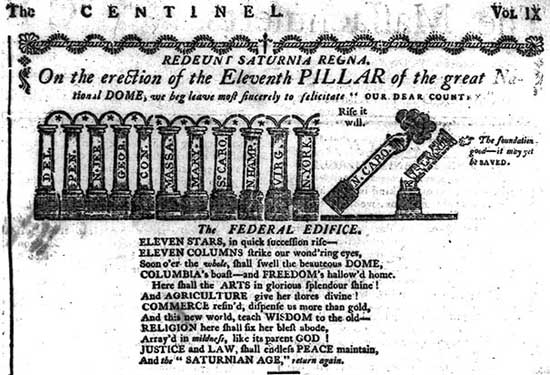LAD #8- Monroe Doctrine
President Monroe began the speech by stating that the minister of the United States in St. Petersburg was given full power to negotiate an agreement dealing with the rights of the two countries on the Northwest continent of North America. Monroe continued to state that a similar agreement was made with the British and that henceforth, the American continents were no longer open to European colonization of any kind. Monroe’s reasoning was that the differences between the American and the European powers were too great. An example of this was the problems Spain and Portugal were having in improving the conditions of their respective colonies, and that the freedom loving nature of the America’s contrasted with that of the European powers. Also, Monroe noted that the American nations have never interfered in European wars, and that the political systems of the two areas are completely different. Monroe also announced that the America’s will only fight back if they are threatened themselves, and he would consider European attempts at colonization a threat. Basically, Monroe stated that no European powers were allowed to influence or attempt to colonize any part of the Americas without fighting the United States.

